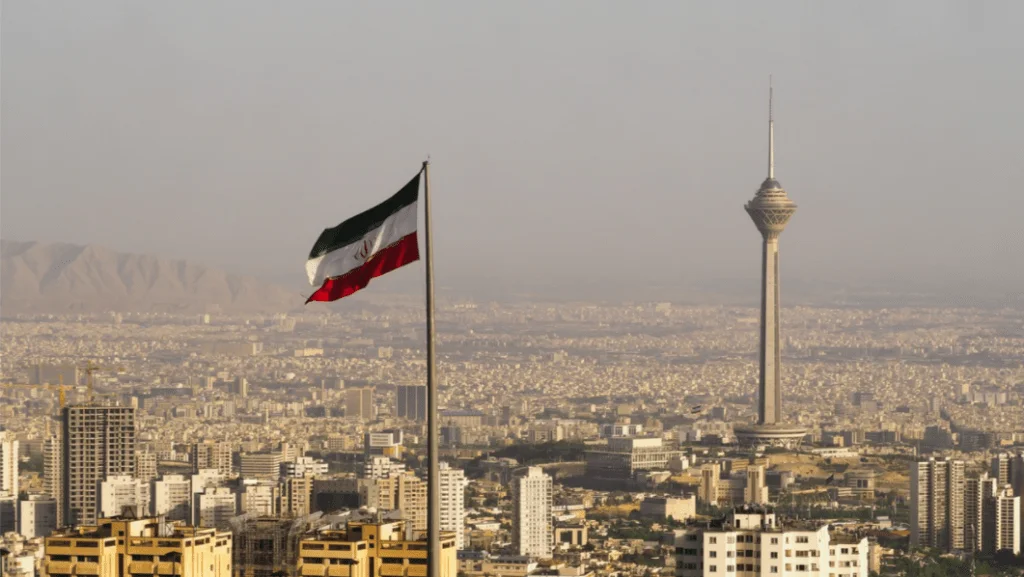Iran’s crypto and blockchain association has begun operations under the auspices of the country’s chamber of commerce.

The organization’s leadership intends to help its members overcome challenges while also supporting the adoption of blockchain technology in the sanctioned country’s economy.
According to the English-language business newspaper Financial Tribune, the newly-established Iran Blockchain and Cryptocurrency Association (IBCA) has begun working under the supervision of the Iran Chamber of Commerce, Industries, Mining, and Agriculture (ICCIMA). According to the magazine, the IBCA is the chamber’s first affiliate organization dealing with the problems that Iran’s expanding blockchain ecosystem faces.
Mohammad Reza Sharafi, a member of the association’s board of directors, announced the start, expressing hope that the IBCA would be able to remove barriers encountered by firms in the crypto area and employ blockchain technology in the Iranian economy’s best interests. Sharafi further explained to the Way2pay online portal:
There are a variety of issues related to the development of the innovative technology in Iran. Concerted efforts have been made to maximize the benefits of this sector for the economy… We need to work closely to ensure the use of the potential of the technology without monopolizing it.
The ICCIMA granted authorization for the new group’s formation last year, according to the organization’s spokesman. However, the launch was postponed owing to a variety of factors, not the least of which is the change of leadership in Tehran. Working under the supervision of the chamber, Mohammad Sharafi believes, would provide the opportunity to solve significant difficulties in the industry, particularly those relating to rules.
Iran Blockchain Association (IBA), a previously active business organisation, was created in 2017 as a nonprofit, self-governing society of entrepreneurs, professionals, and activists participating in the rapid growth of the technology. The Ministry of Interior stopped IBA’s activities in June of this year for allegedly violating its own articles of association.
The action occurred after Iranian legislator Rahim Zare accused non-government crypto groups of sending cash out of the Islamic Republic in foreign currencies. These assertions were rejected by the IBA because they were not backed up by any evidence.
Iran’s cryptocurrency market is still mainly uncontrolled. The Central Bank of Iran (CBI) approved the use of locally produced cryptocurrencies by domestic banks and money exchangers to pay for imports to the sanctioned country in April, but officials have been cracking down on coin trading and crypto payments in the country.
Local fintech businesses warned earlier this year that government moves to restrict cryptocurrency trade would deprive Iran of prospects, expressing resistance to government attempts to restrict the activities of digital asset exchanges. Since Tehran recognized crypto mining as a lawful economic activity in 2019, it has become the most regulated sector.
